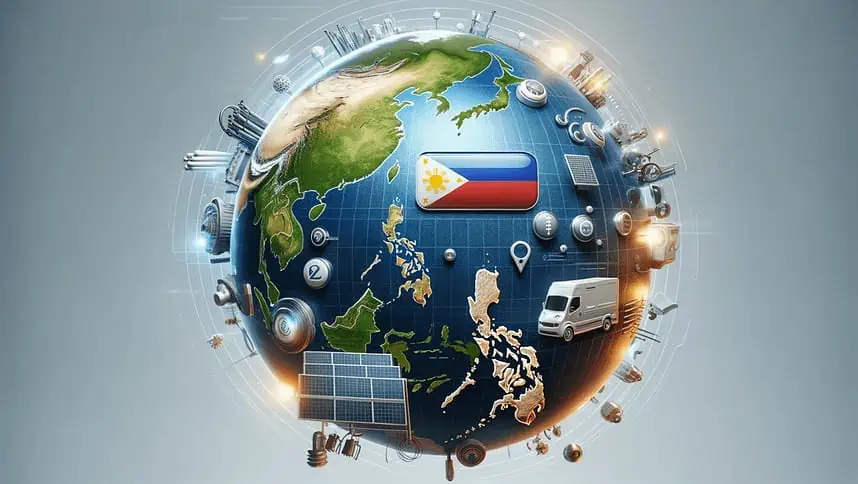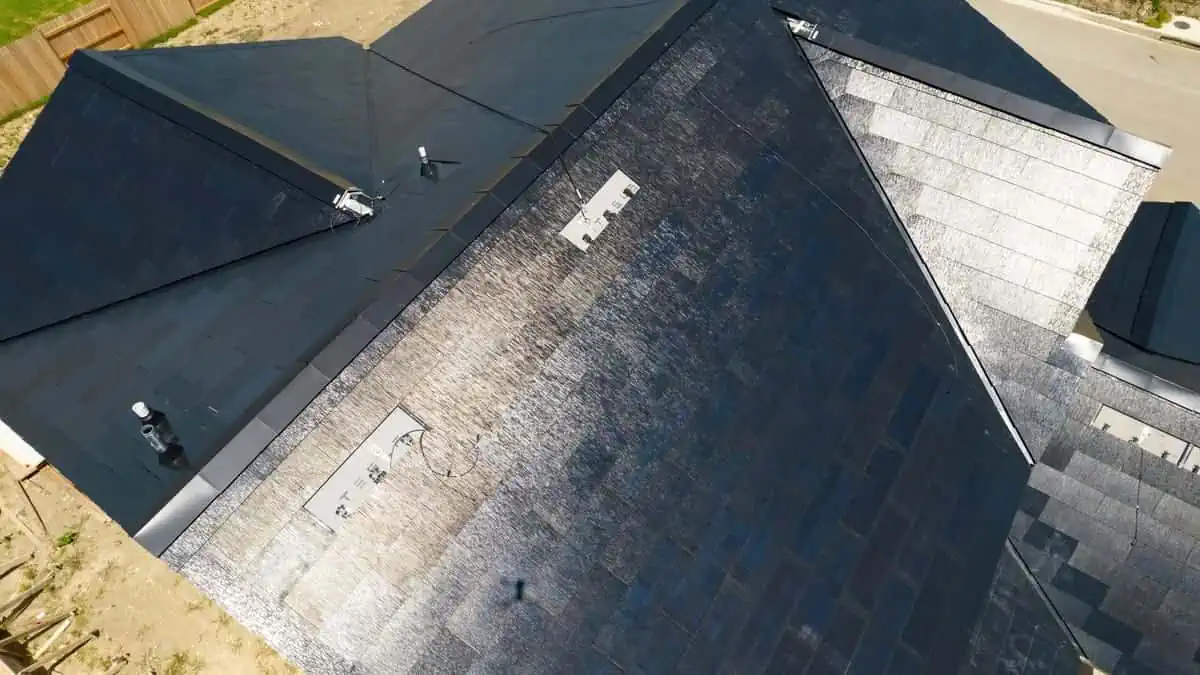The Philippines is starting to take steps to make electric vehicles more popular. The country’s efforts are still early on compared to some other countries, but there have been some developments related to EVs and sustainable transportation.
Just in April 2022 the Philippines passed a law called, the Electric Vehicle Industry Development Act (EVIDA) (Republic Act No. 11697) containing a comprehensive EV policy to promote the adoption and utilization of electric vehicles (EVs) in the country.
Here are some key aspects of the Philippines’ EV policy:
Demand incentives
- EVIDA will provide incentives for EV manufacturers, importers, and consumers. These incentives include tax breaks, subsidies, and preferential parking.
- Import Duty Exemption is also introduced to lower the overall cost of EVs, making them more accessible to a wider range of buyers.
- Registration Fee Discount is implemented to reduce registration fees and make EVs more affordable for local consumers.
- Tariff Removal from EVIDA has implemented a 5-year tariff exemption on fully assembled EVs, effective from January 2023 according to Executive Order No. 12.
- To learn more information, read CREVI.
Supply-side incentives
- Effective January 2023, updated import duty rates will apply to components, parts, and accessories for electric vehicles. Additionally, Executive Order No. 12 temporarily eliminates import duties on completely built-up units (CBUs) of EVs for five years. These measures are anticipated to make EVs more affordable and stimulate EV adoption among Filipinos.
- Hybrid: 0%
- Electric: 0%
- Flexible fuel: 5%
- CNG: 5%
- Manufacturing incentive from the Electric Vehicle Incentive Strategy (EVIS) includes a comprehensive set of incentives to promote the development and adoption of electric vehicles (EVs) in the Philippines. If you want to read the progress of EVIS, read CREVI page 19.
Charging infrastructure
- The EVIDA mandates the establishment of Electric Vehicle Charging Stations (EVCS) in the Philippines. To support this initiative, the government has partnered with the private sector to develop a comprehensive EV charging network. For more information on the EVCS Policy Guidelines (DC No. 2021-07-0023), please visit the DOE website.
- Efforts were being made to develop electric vehicle charging infrastructure, particularly focusing on major urban centers like Metro Manila. The government actively sought to incentivize private and public sectors to invest in the development of charging infrastructure.
- To learn more about the CREVI targets for EV infrastructure development, click here and see page 17.
More EV Policy
Public Transport Electrification
- Some cities in the Philippines were exploring the possibility of electrifying their public transportation systems, including electric jeepneys and buses, to mitigate air pollution and foster cleaner urban mobility.
- The Public Utility Vehicle Modernization Program (PUVMP) aims to modernize the current PUV fleet, improving and rationalizing public transport routes, and promoting low-emission PUVs. As of February 2023, the PUVMP has modernized 6,814 PUVs, including UVs and PUJs. The said PUVs are composed of 375 EVs that cover 27 routes in the country. To learn more, read CREVI page 66.
- Electric Tricycles (E-Trikes)
- Electric tricycles were gaining popularity in the Philippines as an eco-friendly alternative to traditional gasoline-powered tricycles. Various local governments were spearheading initiatives to promote the use of electric tricycles through E-Trike programs.
- Department of Energy’s E-Trike Local Government Unit (LGU) handed electric tricycles over to LGUs as part of government initiative E-trike program.
Access to exclusive parking and charging lanes under EVIDA
- Parking slots for EVs in private and public establishments as mandated by Section 15 of Senate Bill No. 1382, must allocate dedicated parking slots exclusively for electric vehicles. Otherwise, it will result in the denial of permits for the construction or renovation of any building or establishment. Existing private and public buildings and establishments must also adhere to this regulation within the timeframe specified by the CREV.
- A charging station should also be installed and available to the public.
Awareness and Education
- The government, according to CREVI is in partnership with various stakeholders and will be conducting awareness and education campaigns to disseminate information about the merits of electric vehicles and sustainable transportation. Efforts are ongoing to strengthen the e-TC program and develop emergency response protocols.
Implementation of EVIDA incentives is still ongoing, such as tax exemptions, priority registration, discounts on fees, special license plates, and exemption from certain traffic regulations for EV owners. Meanwhile, the implementation of standards and regulations for electric vehicles (EVs) under Senate Bill No. 1382 is still underway. The Philippines’ EV policy, though still in its formative stages has the potential to make a significant impact on the country’s transportation sector and its environment.






